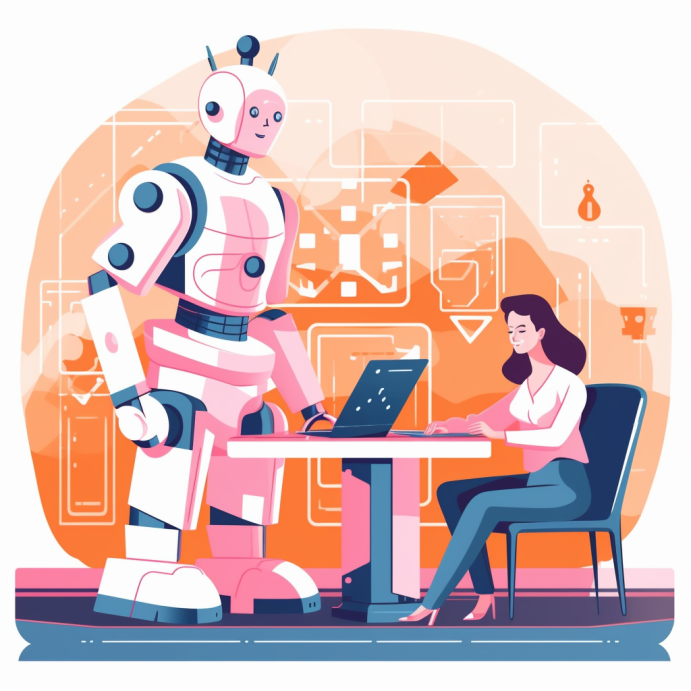A Secure and Successful Future with Artificial Intelligence
Artificial Intelligence (A.I.) has been a trending topic for several years now, but it gained renewed interest and attention in early 2023. There is a good reason for the AI hype; the technology has evolved rapidly and has the ability to substantially reshape a number of sectors.
AI technologies such as machine learning and deep learning are driving this fast development. Machine learning allows systems to gather knowledge from vast amounts of data, assisting systems in automating tasks and improving prediction accuracy. Deep learning takes it to the next level. It employs neural networks to recognize patterns in data and analyze information in a manner similar to the human brain. This allows machines to identify images, comprehend speech, and analyze natural language in order to carry out those functions.
In the field of finance, AI can be utilized to enhance investment portfolios, identify fraud, and handle risks. It could also enhance functions such as quality control, forecasting maintenance, and optimizing processes.
Impact on Day-to-Day Work
For business and data analysts working in regulatory change, AI can significantly enhance the way you approach routine tasks. Here are some examples of how AI can help:
- Automated Requirements Analysis: AI can automate the analysis of large regulatory documents, scanning them to extract relevant information, saving you time and effort.
- Process design: AI can identify inefficiencies in regulatory processes and suggests ways to optimize or automate them.
- Data analysis: AI processes vast amounts of data faster than traditional methods, identifying patterns, trends, and anomalies to help you make better-informed decisions.
- Solution documentation: By generating reports and summaries based on the performed data analysis, AI can automate much of the documentation process.
- Compliance monitoring: AI can monitor compliance with regulatory requirements in real-time, alerting you to potential breaches so you can act before issues arise.
- Risk assessment: AI helps assess risks by analyzing historical data, market trends, and regulations. Giving you predictive insights and strategies to manage potential risks.
- Regulatory reporting: AI automates regulatory reporting by collecting data, checking for accuracy, and generating standardized reports, which improves efficiency.
The Essential Balance of AI
The transformation of industries by AI requires more than just technical skills. Professionals must comprehend the wider consequences, such as ethical and regulatory obligations, to fully enhance the role of AI in everyday tasks. When AI is combined with technical expertise, ethical considerations, governance understanding, and compliance adherence, it can enhance efficiency and encourage intelligent, responsible decision-making. At Risketeers, our mission is to navigate regulatory change, ensuring ethics, governance and compliance by equipping talented professionals with the skills and knowledge they need to excel in a world impacted by AI.
AI should not be seen as a substitute for human knowledge, but as a potent instrument that improves and elevates skills. Although AI can handle various tasks in daily work, it allows professionals to concentrate on more advanced strategic analysis and decision-making. With the advancement of AI technologies, analysts will focus more on interpreting results generated by AI and using them to offer strategic advice. Those who have both technical proficiency and critical thinking skills will be well-prepared to take on leadership roles in a world that is becoming more influenced by AI.
Interested in how we integrate AI into our Talent Development Program? Contact us and discover how we prepare professionals for the future of work.

